How The Irish Saved Civilisation
From the 800's onwards, different Irish family groups "froze" their collective titled name in honour of an illustrious ancestor - into the surnames that we are familiar with today.
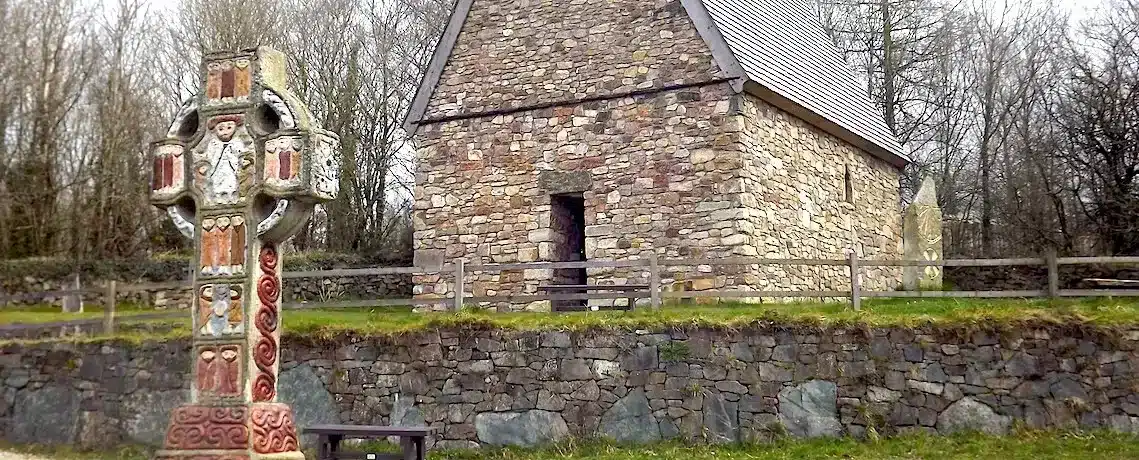
Last week I was invited to a dinner at Dublin’s Trinity College on a beautiful summer’s evening. Have you been there? As dusk fell we went for a walk among the grounds before the formality of the speeches and dinner.
A sign caught my eye: “This way for the Book of Kells”. There we were, just yards away from one of the most important illuminated manuscripts in the world – but it was safely locked up for the night. Have you seen this book? It is a marvel of art and scholarship.
The dinner itself was for a professional society – and I was sitting among a group of accountants who all knew one another. Now, I am not an accountant – but not to worry, the conversation was lively and interesting – covering most of the subjects of the day. The man sitting opposite me introduced himself as John Monaghan. The man beside me commented:
“I suppose your family came from County Monaghan orginally?”
“No, actually” was the reply – “we’re County Mayo through and through”.
“Where did the name Monaghan come from so?”
Now, that got the conversation going for me! The Irish surname “O’Monaghan” comes from the Irish “Ó Manacháin” (pronounced “Oh Man-ack-awn”). This basically means “descendent of Manachán” or “descendent of the little monk”.
This Irish name – Ó Manacháin – was found in various parts of the country. However:
- In Mayo and Galway – Ó Manacháin was anglicised as Monaghan.
- In Clare and Tipperary – Ó Manacháin was sometimes anglicised as Minogue.
- In Cork and Limerick – Ó Manacháin was anglicised as Mannix – sometimes Manahan.
And all these came from the same Irish surname. We wonder why Irish genealogy and surnames can be confusing!
If you held this surname, it did not necessarily mean you were the “son of a preacher man”. You see, Manachán was a first name in use in early christian times (it is still used today in parts of Ireland). As is the way with most first names, it was primarily descriptive. The Monk was a feature on the Irish social landscape since the time before Saint Patrick. Perhaps the early holders of this name were given it because they had the countenance of a monk. Perhaps they had a similar hairline. Perhaps they embraced austerity. Perhaps they partied all day – and it was given to them in an ironic fashion!
Over time, certain holy men who held this first name became saints (e.g. Saint Munchin of Limerick) and even more babies were named Manachán in honour of this saint. And so such names proliferated until about 800 AD when Irish surnames were initiated in Ireland.
From the 800’s onwards, different Irish family groups “froze” their collective titled name in honour of an illustrious ancestor – into the surnames that we are familiar with today. One sept in the north of Connaught decided on the collective title “descendants of Manachán” or Ua Manacháin or Ó Manacháin – which was anglicised as O’Monaghan many centuries later.
Did One of Your Irish Ancestors Save Civilisation?
A clue as to why Thomas Cahill‘s book “How the Irish Saved Civilization” has been such a best-seller surely has to be in the title? Could anyone with Irish ancestry resist a title like that? Maybe you have read it?
In the book, he explores how the Irish monks of the early Christian church established centres of learning across Ireland and the rest of Europe. Future kings attended these “universities” which were located in places such as Glendalough and Clonmacnoise. Here, the local monks worked to transcribe and preserve the written works of early Greek, Roman and Irish civilisation. Their efforts and accomplishments provided Ireland with the reputation of “the isle of saints and scholars”.
The tradition of these early Celtic monks was very different to that of the later closed-order tradition that arrived via the Roman hierarchical church (the Cistercians, Franciscans and so on).
The Celtic monastic focus was on prayer, learning, teaching. The monks often lived in communities that they shared with their own families, craftspeople and others. They looked different – not like the “Friar Tuck” we think of today with a round bald spot at the top of their head. They typically shaved their hair for a few inches at the top of the forehead. Think “mullet” with no fringe! This was the type of Monk that carried, and made popular, many of the Irish names we know today. Names like Brendan, Kevin, Declan, Bridgid, Aidan, Colman and so on. Maybe some of these names are in your family?
So thanks to John Monaghan (of County Mayo!) who opened up this conversation about Irish given names, surnames, monastic traditions and illuminated manuscripts. A rich conversation full of all that is best about our Irish history, traditions and culture.
That’s it for this week. As always, do leave a comment below if you want to share a story, ask a question about your Irish surname or just to say hello!
Slán for now – Mike.

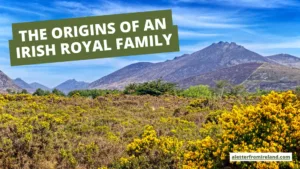
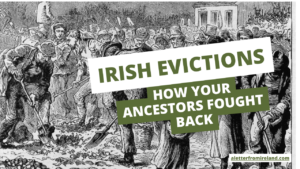
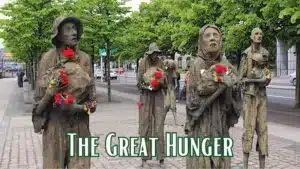
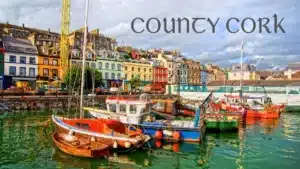
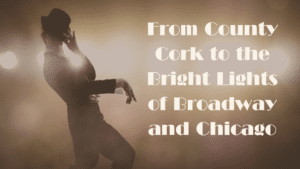
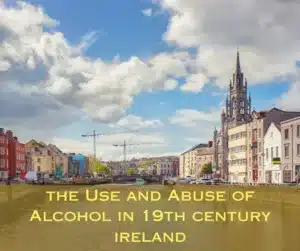
Only Plus Members can comment - Join Now
If you already have an account sign in here.